A look at global oil prices will throw you back to the mid-2000s. The prices today are ruling around $32.5 per barrel, near the levels last seen in 2004. While this should be good news for India, a section of experts are also warning that it may not be all that good for the country if the prices continue to stay low for long.
According to Firstpost estimates, India, which imports 80 percent of its oil requirement, has already made a windfall gain of about Rs 3 lakh crore in import bills and LPG subsidy savings this year. Subsidy savings from LPG are included in the gains as it was the lower oil prices that enabled the NDA government to free up the pricing of the cooking fuel.
That is the amount that India can use, as Hareesh V, Senior Analyst/Research Head, Geofin Comtrade Ltd, says, “for other productive purposes”.
However, the country may not be too far from feeling the negative effects of a protracted decline in oil prices.
According to Hareesh the likely problems in such a situation are two-fold.
“If oil prices are consistently trading at extremely low levels, that possibly leads to deflation in many countries. Since a substantial number of Indians are working in oil exporting countries in the Middle-East, low oil prices raise questions over their job security and consequently foreign exchange inflow, which could harm the Indian economy too. A period of slow growth in the global economy may impact FDI inflows to emerging countries like India. Lesser than estimated income of oil exporting countries would adversely affects their budgeted activities,” he says.
Already, the country’s exports to Middle East countries, which are now reeling under the stress from falling global oil prices, are nosediving. According to the government data, India’s exports to six countries in the region, namely the UAE, Saudi Arabia, Oman, Kuwait, Qatar and Bahrain, have fallen 18.8 percent to $27.9 billion during April-November period this year from $34.35 billion in the corresponding period last year.
The steepest fall is in trade with Saudi Arabia - 46 percent. The country has recently announced plans to trim its budget deficit which stood around $98 billion as of December.
A global demand slowdown has shrunk India’s overall exports for the 12th consecutive month in November, when the shipments fell 24.43 percent. If indeed the global economy falls into deflation as Hareesh points out, the export decline will fall further.
So the question is how long will the oil price continue the decline.
The key reasons for the global fall in prices despite the flare-up in Middle East tensions are two: supply glut and China slowdown. Usually, whenever tensions heighten in the major oil producing area, the prices harden due to supply fears.
But this time things are different because Opec, the oil cartel that produces 40 percent of the global oil, has not cut its supply as Saudi Arabia - a key Opec member - is battling hard to keep the market share.
Traditionally, Opec member countries have adjusted their supplies to match the demand situation to support prices. However, as a fuel production boom in the US, the biggest fuel consumer, is changing the dynamics of the oil markets, Saudi Arabia is fiercely defending its market share, though it is hurting its own economy and its poorer oil exporting peers in the grouping.
Meanwhile, a slowdown in China is adding to the worries for oil producers as the weakness there is hitting the demand for oil. These are reasons why the prices are staying low despite the heghtening of Middle Eastern tensions this week after Saudi Arabia executed a Shi’ite cleric, angering Iran.
International Energy Agency in December had estiamted that the oil surplus will continue at least until late 2016. This is because it expects global economic slowdown to negatively affect the demand and and OPEC reamins adamant about increasing output.
In short, while India is now benefiting from the oil price decline, the writing on the wall is not too optimistic. Global deflation is indeed a clear and present danger.
Data inputs from Kishor Kadam


)




)
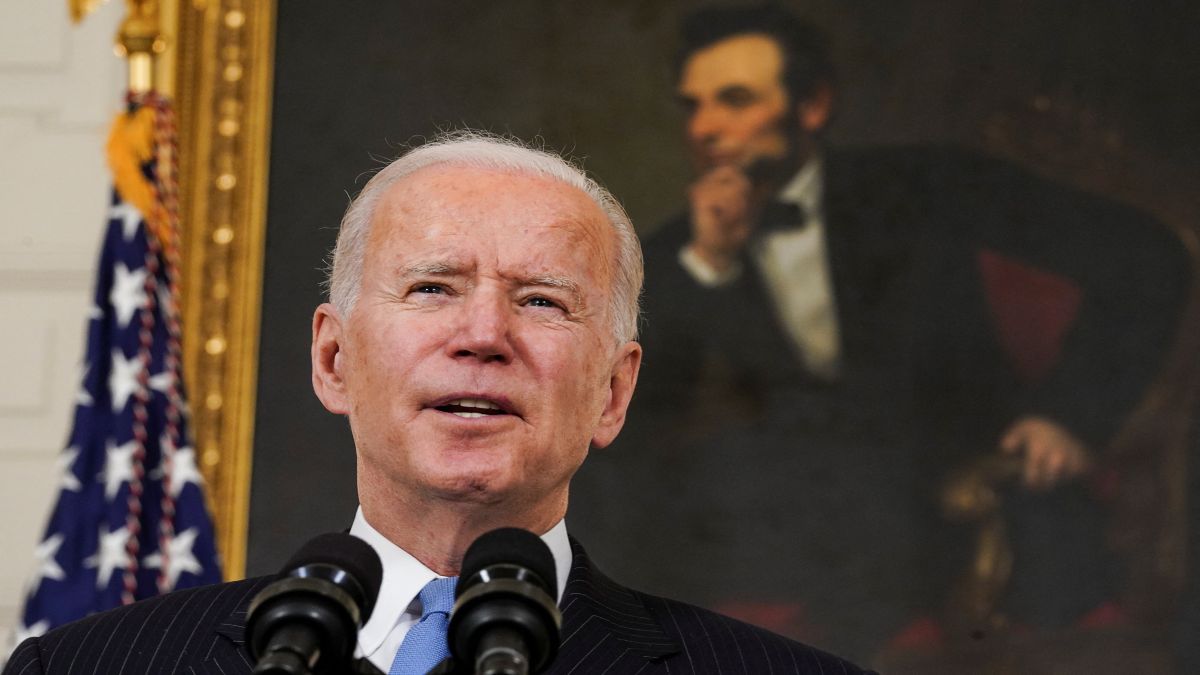)
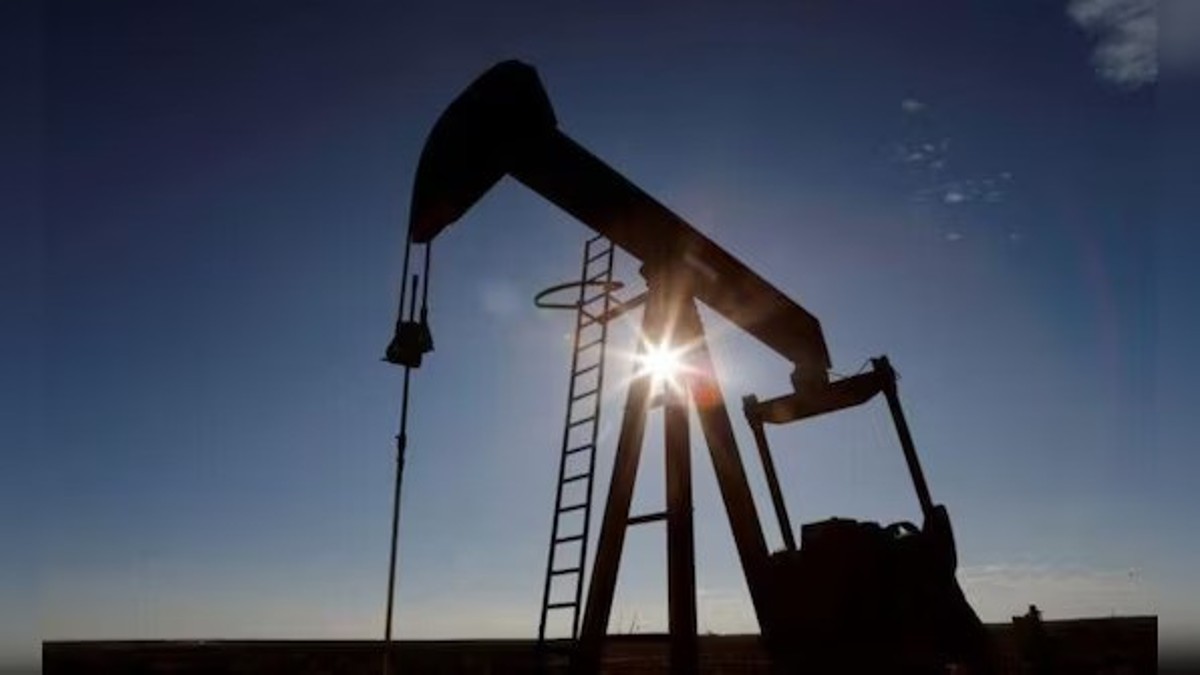)
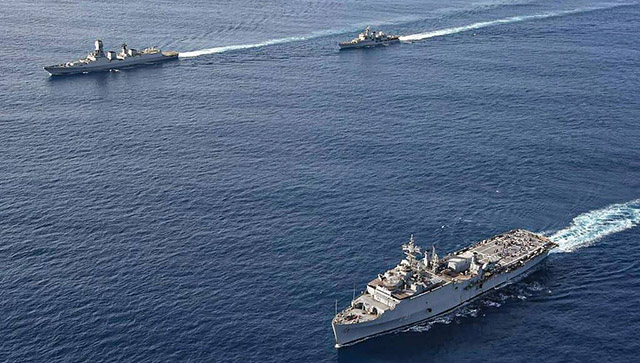)
)
)
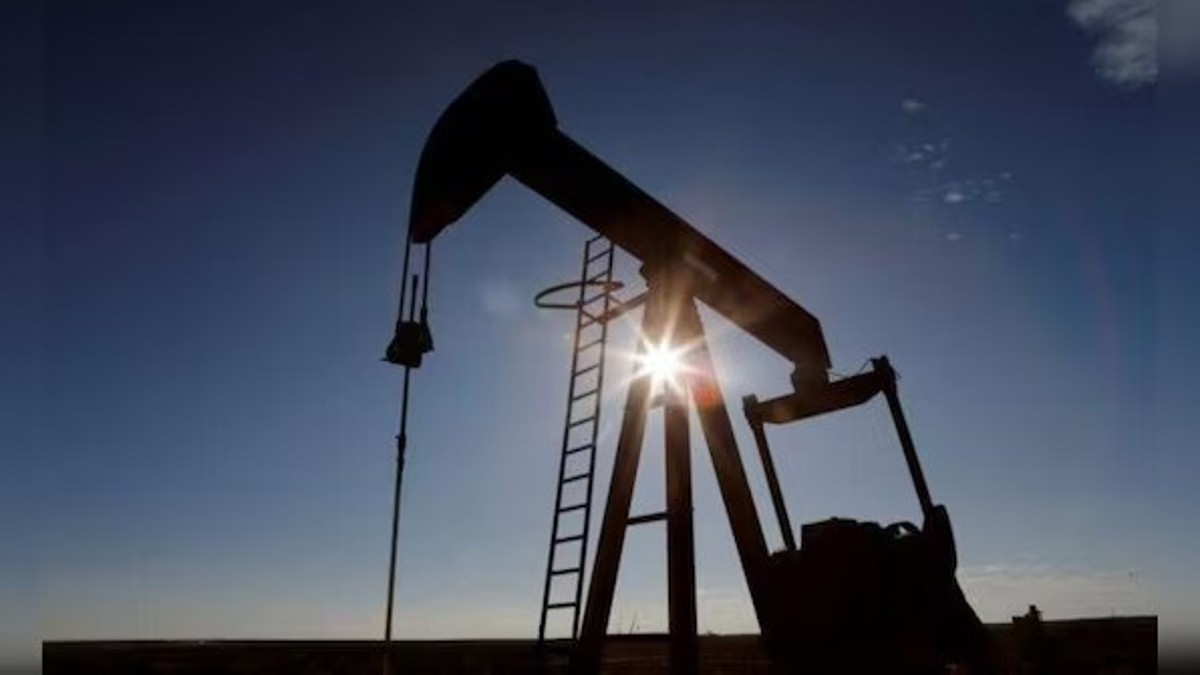)
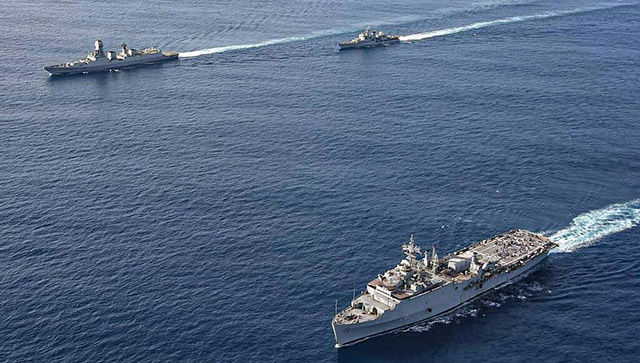)